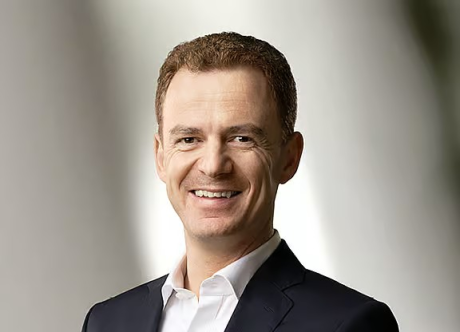
Auto finance companies could increase business volumes by securing repeat financing of the same vehicle during its life using a recently launched digital innovation.
The white label online platform retains vehicles within a specific dealer community, enabling their chosen finance company to fund vehicles through several ownership cycles.
The service, from UK remarketing giant Aston Barclay, is entirely digital and slashes remarketing periods from weeks to days, executives say.
It is already being used to support OEM finance houses with the return of new cars from PCP (personal contract purchase) contracts, so they can be retained within the franchised network’s used vehicle programme.
When a vehicle is returned to the dealer, an appraisal is carried out using Aston Barclay’s app-based assessment tool, which captures vehicle imagery and can also automatically assess damage and its impact on vehicle value.
This data populates the online platform, where the vehicle is initially offered exclusively to the dealer in a timed bidding process. Bidding is then opened to the broader franchised network.
This maximises the chances of the vehicle being kept within the network, which in turn generates new funding opportunities for the finance house.
If there is no demand within the network, the vehicle is automatically directed through other remarketing channels, including Aston Barclay’s nationwide network of physical auctions, along with digital channels.
Martin Potter, Aston Barclay managing director – customer (pictured), said: “If a vehicle goes to open market, the likelihood of the finance house providing the funding when that vehicle is sold is significantly reduced.
“Before this innovation, the supplying dealer may have only taken one-third of returned vehicles before they were sold to the open market. Using our online platform increases this to 80-90% of vehicles being kept within the dealer’s network.”
The service can accommodate a range of returns, including voluntary terminations and repossessions.
Applications extend beyond OEM finance, as a leasing company is already using the technology to filter ‘late and low’ cars into its used vehicle leasing product, if they are returned from first lease in good condition.
By enabling the rapid reallocation of assets among a group of partners, the service could support circular economy or mobility models, where individual assets are kept within a supplier ecosystem to extract greater value from each vehicle over its lifetime.
Potter said: “We are facilitating a circular process by adapting the traditional remarketing programme to maximise the opportunities from each vehicle.
“By having a fully digital process, vehicles are put back into the market more quickly and appraisal is more efficient. You don’t need a qualified person to assess the vehicle, as the app-based tool guides anyone through capturing imagery and condition.”
With current stock shortages, dealer groups can benefit by keeping used vehicles within their broader networks, even if the supplying dealer doesn’t have the capacity to take all returns.
Potter added: “There is continuous demand from franchised dealer networks for used stock and we are pleased to facilitate new ways of working with our customers to meet changing market needs.
“We have successfully repatriated thousands of cars to the Mazda, Vauxhall and VAG franchises in partnership with our finance house customers.
“The digitalisation of their de-fleet processes and subsequent retail finance opportunities for dealers on used cars generate profit and revenue for both parties.”
Circular economy principles promote repair, refurbishment, reuse, and recycling of assets to reduce consumption of resources. To operate effectively, they require the rapid and efficient reallocation of assets between usage cycles, which favours digital solutions that automate large parts of the process.
This is particularly important for mobility services, where a car might spend its life being switched between different uses, including traditional leasing, car subscription services, car sharing, vehicle hire or even taxi fleets. This would typically involve a community of organisations looking to source vehicles from a common pool of quality stock.
In a recent interview with the International Asset Finance Network, Murad Baig, chief product and technology officer at Otoz Mobility, a digital retail and mobility focused start-up backed by NETSOL Technologies, said: “Manufacturers are moving away from selling products towards selling experiences. The role of the dealer will change as well.
“They will have stock coming in, but that stock would be used for other things, such as subscription services. The same asset is being moved around for different purposes to maximise utilisation. The important thing is getting the unit economics right. The end game for dealers is changing; they are not going to be just selling cars, they are going to be centres for mobility providers.”
Campaigners have urged asset finance companies to focus on the fundamentals of business when assessing how the circular economy can drive future growth.
Earlier this year, the authors of a major report from the Ellen MacArthur Foundation on financing the circular economy called on finance companies to increase collaboration to scale the sector. More than 30 CEOs and senior executives from leading asset managers and banks representing $18 trillion of assets under management have backed the report.







